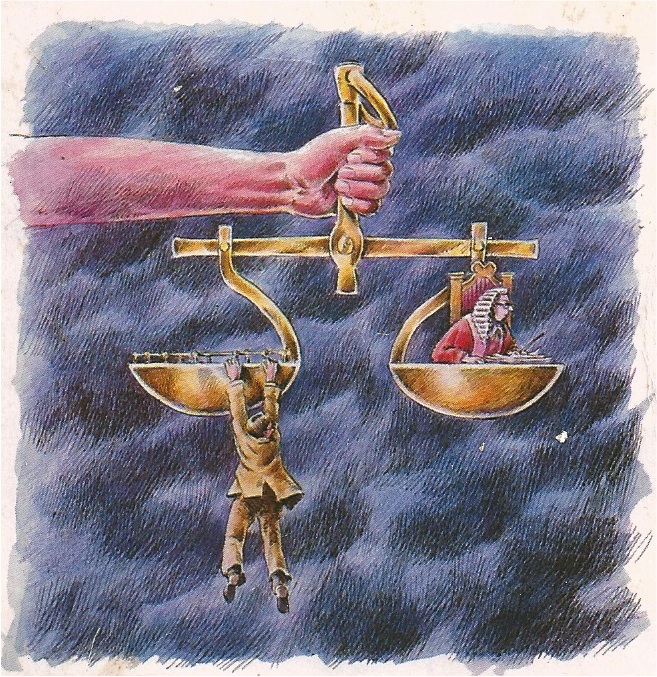The miscarriage of justice watchdog estimates that as many as one in 10 of its investigators could be former police officers but was unable to provide a definitive answer as it did not keep records. In a response to a freedom of information request, the Criminal Cases Review Commission (CCRC) estimated that six of 64 its case review managers could be drawn from the ranks of the police.
The FOI request was made by the Empowering the Innocent campaign set up by Dr Michael Naughton, the founder of the Innocence Network UK and long-term critic of the cc CCRC. ‘The CCRC told me that, in fact, they do not keep any records of how many of their staff are former police officers, indicating that perhaps the commission has never considered the issues around the employment of former police officers,‘ comments Bill Robertson, who made the request on behalf of the group. ‘The figure of six, they told me, is an educated guess.‘
Article for CCRC Watch by Bill Robertson:
“Should ex police officers be allowed to work as Case Review Managers at the CCRC?”https://t.co/cfGcmm8T3y@ccrcupdate #miscarriagesofjustice #wrongfulconvictions
— Empowering the Innocent (ETI) (@EmpowerInnocent) February 15, 2022
The watchdog has been under fire from critics over concerns about its lack of independence from the government. Last year the Westminster commission, a group set up by the All-Party Parliamentary Group on Miscarriages of Justice, called on the CCRC to ‘demonstrate its independence’. The concern was over pressure from the Ministry of Justice to foist a change of tenure arrangements on the group’s 11 commissioners supposedly protected by statute. The Westminster Commission heard that the overall level of commission resource had fallen dramatically from 8.8 full-time posts in 2014 to just 2.5 by 2019.
Concerns about the independence of the watchdog from the police to investigate cases that often involve serious police misconduct was a major theme of concern at the time it was established. As the satirical magazine Private Eye noted at the time of the CCRC’s establishment, the danger was that it would be ‘a toothless commission whose enquiries will be conducted by the police (who made the mistakes which lead to the injustices) and whose only power is to refer a case to the Court of Appeal (which made the mistake in the first place)‘.
‘… [As] the majority of the cases refer to the CCRC involve allegations of corruption against police officers, do we really expect that a former police officer, with a valuable pension to protect, will diligently and without favour strive to uncover police corruption?‘ Roberston asked.
The CRCC commented, saying that they ‘do not routinely exclude former police officers from cases involving allegations of police misconduct, just as we do not routinely exclude former defence lawyers from cases involving allegations of defence misconduct’. It continued: ‘We do however expect any member of staff – or commissioner – to recuse themselves from any case in which the circumstances may give rise to a perceived conflict of interest or a perception of bias.’ In their new CCRC Watch project, Empowering the Innocent has asked how many case workers had asked to be recused and for what reason.







